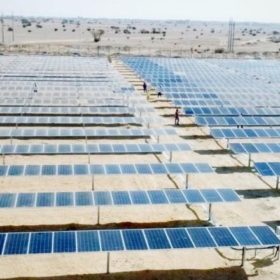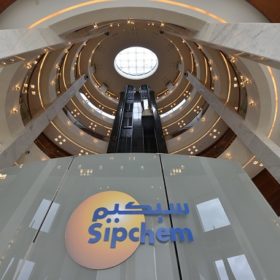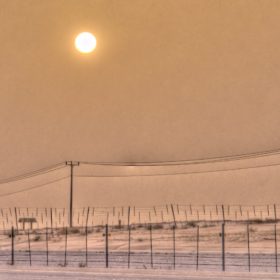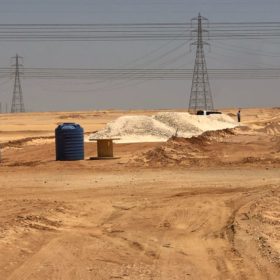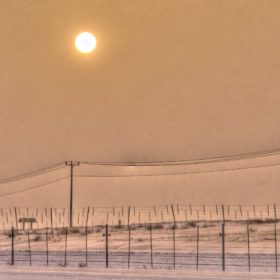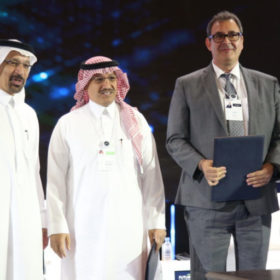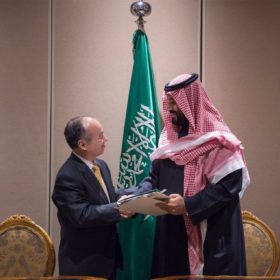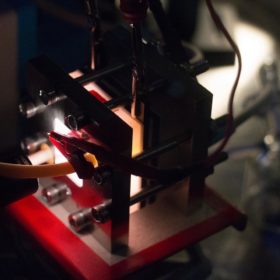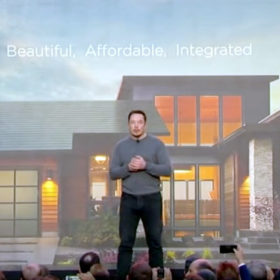Taqnia announces completion of phase 1 Layla Solar Plant, first Saudi IPP project
Taqnia Energy, a subsidiary of the Saudi Technology Development and Investment Company, has announced the completion of the first 10 MW phase of the Layla Solar Plant. The facility will cover approximately 10% of the power needs of the province of Al-Aflaj.
Sipchen begins production of EVA films at 4,000 MT factory
The Saudi oil company has started manufacturing activities at its $40 million facility in the Hail Industrial City. The factory is being run by the group’s unit, Saudi Specialized Products Company (SSPC).
Saudi Arabia plans new long-term RE targets, will resume tenders
Although the Saudi authorities were expected to launch tenders for 3.3 GW of solar last year, these were postponed. According to local industry sources, when new targets for renewables are set and more clarity on solar capacity expansion provided, the first tenders will be issued. The new targets are expected to also include the ambitious 200 GW project announced by the Saudi Government last March.
Fine is mounting up against FAS
The Saudi developer is reportedly suffering fines of $700/MW/day for late delivery of a project at the Benban solar complex in Egypt as 180 MW of plants near completion.
ACWA receives $320m financing for 300 MW Saudi project
The project, tendered by the Saudi authorities in February, will be built by a new company which is 70% controlled by the energy giant and 30% by contractor AlGihaz Holding. The plant will sell power to the Saudi Power Procurement Company at $0.0236/kWh.
Schmid signs $430 milion LoI in Saudi Arabia
The German PV equipment manufacturer has signed two letters of intent (LoI) for joint ventures with companies from Saudi Arabia at the Future Investment Initiative (FII) Forum. The company declined to comment on the current political situation.
Saudi Government refutes claims 200 GW solar project has been scrapped
Responding to recent news reports that Saudi Arabia had abandoned its very ambitious plans to install 200 GW of solar PV by 2030, the country’s Ministry of Energy, Industry and Mineral Resources (MEIM) issued an official statement saying that the plans are still on track. It also outlined three components of a new power sector transformation plan.
200 GW Saudi-Softbank solar plans abandoned – reports
Plans to establish the world’s largest solar energy project have been shelved, according to the Wall Street Journal. Saudi Arabia is instead said to be working on a new, “more practical” renewable energy strategy.
International research group develops solar cell with storage properties
Although the “solar flow battery” is currently considered too expensive by its own creators, a further improvement of its design and the use of emerging solar materials and new electrochemistry may open new opportunities for this kind of technology.
Saudi Tesla backers could be about to invest in EV rival
With PIF having distanced themselves from rumors they will help Elon Musk take Tesla back into private ownership – although that claim is disputed – the Saudi wealth fund may be about to write a big cheque to California-based Lucid Motors.
